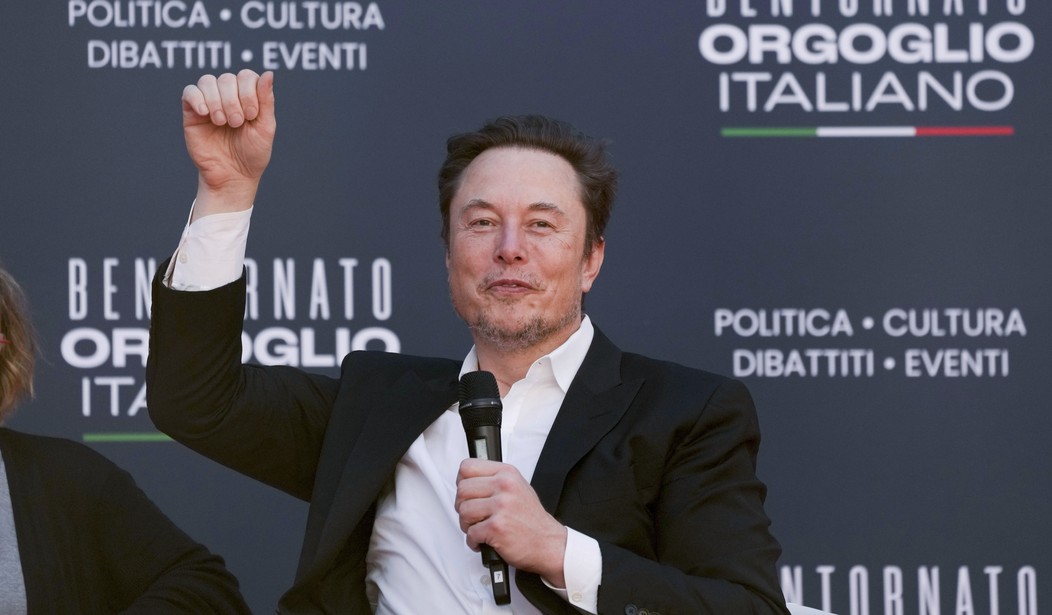Back in January of this year, Kathaleen McCormick of the Delaware Court of Chancery decided that Elon Musk could not be paid the $55 billion he had negotiated as a salary back in 2018. At the time, the plan was to grant Musk stock worth about $2 billion dollars if he met a long series of performance metrics for the company. He eventually met all of those metrics but a small-time stockholder named Richard Tornetta sued. Judge McCormick agreed with him that Musk has undue control over the board members who approved the package.
Tornetta’s lawyers have highlighted the friendships between Musk and many of his board members who created the deal. Some have vacationed together in places like magician David Copperfield’s private island in the Bahamas, where Musk summoned his brother Kimbal and Gracias in 2017 to determine if James Murdoch should join Tesla’s board, according to Kimbal’s deposition which played in court this week. Murdoch, who described himself as a friend of Elon Musk’s since 2006, joined them on Copperfield’s Island for part of the trip, and joined the board shortly thereafter.
Shortly after the judge announced her decision, Musk called on Tesla's stockholders to ratify his pay package by voting to approve it. They did so overwhelmingly in June, with 77% voting to approve the same package Judge McCormick had denied. Musk's lawyers then went back to the court and asked the judge to reconsider. Today she issued her decision listing four reasons why she could not do so.
McCormick said Tesla’s board was not entitled to hit “reset” to restore Musk’s pay package.
“Were the court to condone the practice of allowing defeated parties to create new facts for the purpose of revising judgments, lawsuits would become interminable,” she said in her 101-page opinion.
Here's the judge's explanation of her second reason for refusing to reconsider, taken from the decision itself. The argument here is that Musk is simply too late because the factual record was closed long ago.
Whether to permit a party to assert a late-raised defense is a matter of judicial discretion where the court must take into account the potential for prejudice to the opposing party. This court has allowed a party to raise an affirmative defense based on a stockholder vote that occurred during litigation.129 But no court has ever allowed a party to deploy stockholder ratification as a defense after the close of fact finding, with one possible exception...
No Delaware decision, including Kerbs, has ever allowed a party to raise the defense of stockholder ratification after trial for the purpose of persuading the court to alter (much less flip) its judgment. Defendants raised the Stockholder Vote defense six years after this action was filed, one and a half years after trial, and five months after the Post-Trial Opinion. Wherever the outer boundary of non-prejudicial delay lies, Defendants crossed it. The court declines to exercise its discretion to permit Defendants to raise the defense of stockholder ratification at this late stage.
True to her decision in the initial case, Judge McCormick also rejected the plaintiff's lawyers demand for $6 billion in compensation for their work on the case.
The Delaware Supreme Court has eschewed any “formulaic” or “mechanical approach” under Sugarland, emphasizing that this court enjoys broad discretion when awarding fees.185 The overarching goal is to right-size fee awards to the benefit achieved. By doing so, the court provides incentives for “counsel to accept challenging cases” despite “the risk of recovering nothing in the end,” while simultaneously avoiding awards that “exceed their value as an incentive to take representative cases and turn into a windfall.”...
Plaintiff’s approach has a massive ($5.6 billion) problem. This discussion began with the Delaware Supreme Court’s query—“whether the public would ever believe that lawyers must be awarded many hundreds of millions of dollars in any given case to motivate them to pursue representative litigation or to discourage counsel from settling cases for less than they are worth.”300 The value of Plaintiff’s fee request—$5.6 billion—is many hundreds of millions beyond what is necessary to motivate attorneys to pursue representative litigation and discourage counsel from settling a case for less than it is worth.301 It is a classic windfall...
The court therefore adopts the GDFV approach, conservatively valuing the benefit of rescission at $2.3 billion. There is justification for awarding Plaintiff’s counsel 33% of the $2.3 billion, which would result in a fee award of $759 million. But that would be the highest award in the history of Delaware litigation by a wide margin. And so yet a further adjustment is required to avoid the windfall issue. Following Plaintiff’s lead, the court adopts the 15% baseline of Americas Mining.
Bottom line, the attorneys for the plaintiff will get $345 million for their work, more than $5 billion less than they requested. No doubt they are canceling their orders for mega-yachts as we speak.
Tesla's attorneys can appeal this case to the Supreme Court, but it's more likely they will try to come up with a new payment plan in Texas.
Tesla’s board of directors will most likely try to fashion a new pay package that falls under the jurisdiction of Texas, where the company has since moved its corporate registration from Delaware, said Charles Elson, the founding director of the Weinberg Center for Corporate Governance at the University of Delaware...
But any new compensation award will be vulnerable to legal challenges if the board does not demonstrate more independence from Mr. Musk, Mr. Elson said. “They can always create a new package,” he said. “But they have to be very careful in the way they construct it.”
Musk will eventually get his money or a significant portion of it but it's probably not going to happen until sometime next year.







Join the conversation as a VIP Member